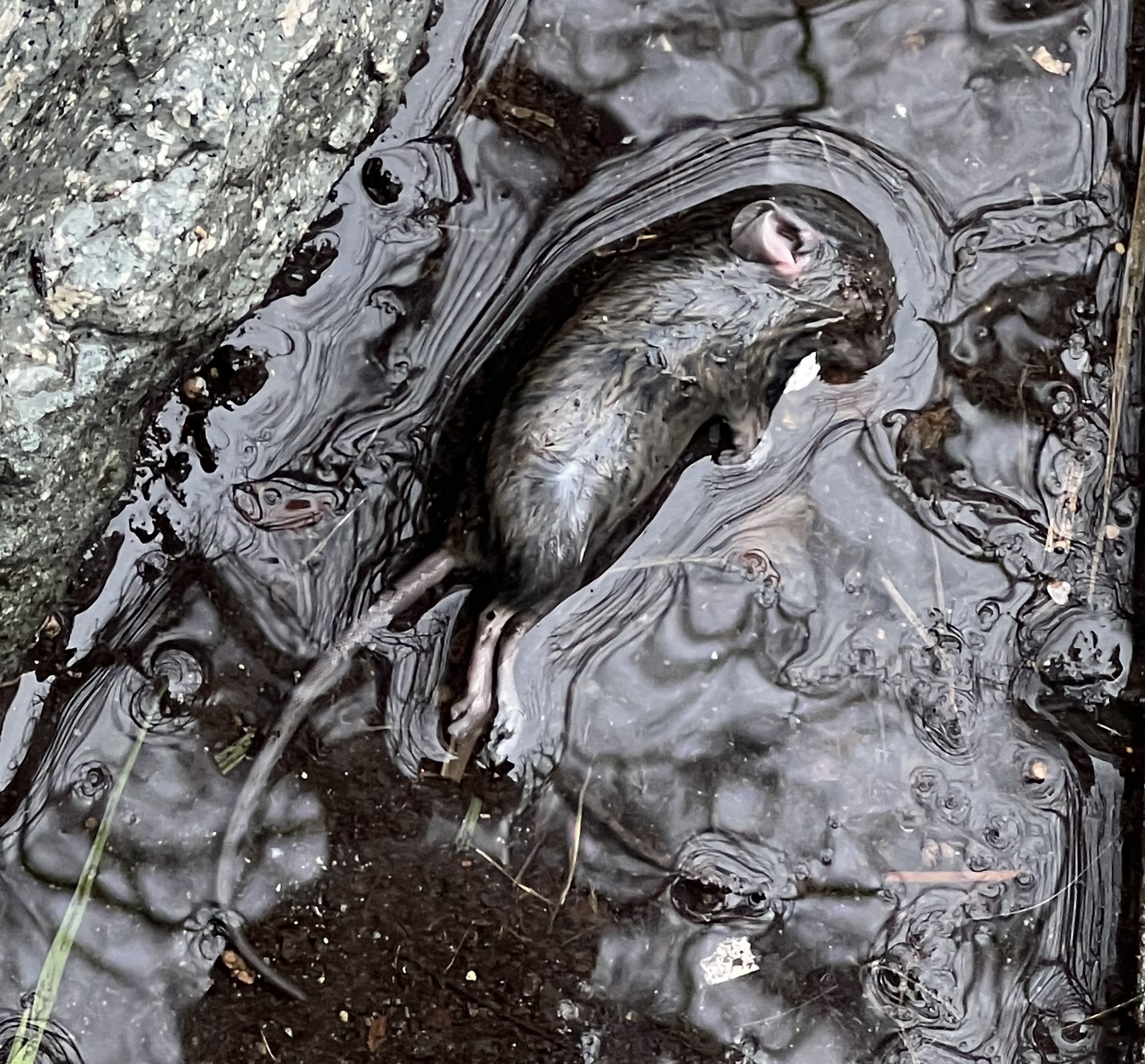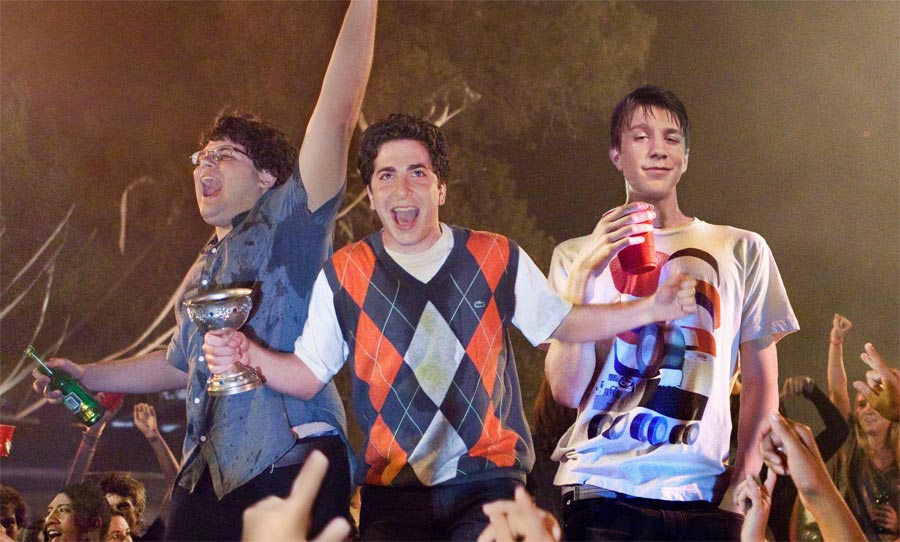In my most recent effort to satisfy an insatiable thirst for cultural nourishment, I have found myself in possession of a record player that, without much doubt, seems anachronistic. A vinyl collection must appear out of time in a metropolitan apartment dense with smart speakers where simply saying “Hey, Siri, play Dua Lipa” allows me to listen to my current muse and picture her dancing on the Levitating ft. DaBaby video in my head. Although every single song and record I keep inscribed in LPs is now quite conveniently backed up in the cloud, I can never keep myself from acquiring their analogs.
Once I ticked off the basics, from Miles Davis’ Kind of Blue, through Maroon 5’s Songs About Jane, and Wham!’s Make it Big, I found myself with a Cinema Paradiso-sized hole in my collection. So I bought the original soundtrack long-play on that mildly well-known e-commerce site. Since it arrived from London and for a week, this record remained sealed in its package. As Friday night came around, I set myself out to place the golden disc under my humble turntable’s needle. In my unsurmountable eagerness and impatience, I sacrilegiously skipped side “A” completely, playing side “B”, which starts with Tema D’amore per Nata (Love Theme for Nata). I poured myself a scotch on the rocks, flung my body on the couch, closed my eyes, and let myself drift atop the sweet waves of the musical notes so masterfully ideated by the recently passed Ennio Morricone.
I must add in this translation that, since writing this piece in the original Spanish, I’ve had the pleasure of witnessing a live string quartet’s rendition of Tema D’amore per Nata in a tribute to Hans Zimmer, where they also paid homage to other prolific movie score composers. It emotionally obliterated me to the point of shedding one of those ever-so-elusive tears. I will chase that feeling for the rest of my life.
As the last notes of this legendary theme wafted over my living room, I stood up from the couch, turned the record player off, stored the record, and immediately purchased Cinema Paradiso on my AppleTV.
I enjoyed the movie in a way I never could before. As expected, when one rewatches a film to the point of memorization, I kept picking up on details I obviated in previous viewings. I noticed, for instance, that while Toto projected Mario Camerini’s Ulysses (1954) in the open air of the Sicilian coast, he lamented the ocean-sized space that would separate him from his love for an indeterminate amount of time, like when Poseidon stood between Ulysses and Penelope for a hazardous decade. A bit on the nose, I told myself. We may accuse Tornatore of many things, but subtlety is not one of them.
I am immediately shocked to find out that, rather than an on-the-nose simile, the Ulysses scene is meant as a tongue-in-cheek juxtaposition. I was beginning to forget that I was watching a movie, and Giuseppe Tornatore made it his mission to dispel such illusions. He endeavored to remind us that this is an Italian romance, not a tragic Greek epic, and the contrast had to be made clear. Of course, Toto’s girlfriend would appear seconds after the deep lamentability set in to kiss him in the pouring Sicilian rain, slapping me in the face.
Although the film made me feel beautiful things I had forgotten I could feel, I couldn’t help feeling profound envy for Toto’s childhood and the clarity with which he remembered it. That childhood so clearly defined and profoundly marked by a wholly fortuitous and organic friendship with a simple and ever-so-skillfully paternal projectionist. I noticed myself wishing I had grown up in that time and place when and where life was so simple it seemed complicated, when and where it mattered. I lamented that Salvatore could, deep into his adulthood, remember with cinematographic detail the endless afternoons he spent overjoyed in Alfredo’s projection booth. On the other hand, I struggled to retrieve the most significant of my childhood memories.
Then came one of those distinctly powerful moments in the movie. Having Toto returned from his military service in Rome to find the entirety of Giancaldo had morphed in his absence, Alfredo, the closest thing he would ever have to a father, admonishes him to return to Rome and build a life infinitely more ambitious than the one he could ever live in a small Sicilian town.
Life isn’t like in the movies. Life… is much harder. Get out of here! Go back to Rome. You’re young and the world is yours. I’m old. I don’t want to hear you talk anymore. I want to hear others talking about you. – Alfredo
Moments later, when Alfredo said his farewells to Toto at the train station, begging him to leave it all behind without looking back, without yielding to nostalgia, threatening with never opening his door to him if he dared come back, I stopped paying attention to the film.
I immersed myself in profound and prolonged thoughts regarding my personal experience almost a year after leaving the nest. I remembered, with nostalgic feelings of my own, all those times I expressed to my parents how doubt-ridden I was about moving to a different country, where I would be separate from them and everyone else who had, until that point, loved me. Frankly, I wasn’t afraid of starting from scratch or being alone. What scared me was the feeling I was abandoning by taking off alone. My parents spent a lifetime getting me to understand that I must live a life that is entirely my own, and my decisions must always serve that principle. They and everyone else must figure in this life, but they should not determine my path. They imprinted on me that while they’ll miss me, they’ll be happy to hear, even if only once a month and through a short phone call, how well I would be doing. Unlike Alfredo, they didn’t ask me to forget them or to stay permanently away, but in a way, they asked me never to yield to nostalgic notions, not to let myself be eaten away by the regret of leaving them. They asked me not to waste away thinking about them and everyone I could hope to miss.
They helped me understand that I would leave, even if they had to kick me out of the country themselves.
When Alfredo’s words ceased resonating with those of my parents, I realized I couldn’t remember the specific words my parents used to communicate all of this to me. I focused so intently on identifying moments in my infancy, exact words I had said and heard, and particular interactions I had cataloged. I grasped why I could not, for my life, find my childhood memories in the places where I looked for them. I had not lived my life in distinguishable moments or memorable interactions. I found the memories I sought when I began to think about who I am. When I attempt to measure and weigh it in its totality, my life is a thoroughly scrambled ball of mistakes, friendships, losses, successes, failures, lessons learned, regret, and unbridled emotion in every place I look. The vast majority of the time, it isn’t easy to concretize any of the things I did or happened to me, but I am confident in the assertion that all of those things are evident in every action, word, and thought that add up to who and what I am.
You see, my faithful reader, I cannot tell you with any delusion of certainty where I was or what words my father used when he taught me that the only thing that matters is that I live a whole life with everything, good, bad, or mediocre, with earth-shattering intensity, disposition and decision. When he explained that I would be afraid and it was those moments in which I had no other recourse than to act. When he impressed upon me that not only is it necessary to risk it all to live it all but that taking that bet would be the only sensible decision every damned time I came upon it. Or when he foretold that I would make countless mistakes, terribly and daily, and I had to understand that when one lives life intensely with no possibility of foresight, nothing can be more right than an honest mistake. I cannot tell you where or when, but my father taught me to seek the beauty that life held and helped me understand that to come to possess it, I would have to rip it from its jealous hands. I can tell you that I live with an insatiable lust for that beauty to this day. That is me.
I also couldn’t tell you if it was when my mother, quite beautifully, sang El Oso Carpintero (The Carpenter Bear) or Cri Cri’s entire discography to me before bed or when I’d come home late at night to find her reading, always, a different book. Still, my mother taught me the methods to appreciate the same beauty my father taught me to seek. To find it in the books written by those who have felt as deeply as I. To describe it in words that are beautiful in themselves and to use those words to express it to those who I care about and surround me, without reservation and, when possible, in french. To share it by singing unabashedly in the car to the tune of Mecano and Miguel Bose and others, possibly also in french. I wouldn’t presume to know in which of these thousands of moments my mother infected me with her enviable ability to appreciate the beauty of life through art in all of its forms. Still, I have defeated all doubt that the artist in me is not a list of hobbies but a conspicuous entity unintelligible from my identity. That is me.
Although sometimes, when I try to remember my childhood, I fear I lack the formative memories that Toto holds in spades, today I understand that the things my parents taught me became a part of me so essentially that I cannot distinguish them as things that happened to me. I see them instead as things that I am. Life refuses to split itself into scenes; it won’t fit in a roll of film. It cannot be rewound and rewatched. Life is lived a day at a time and is recalled, not in dialog, but in decisions informed by experience, lessons learned, and aspirations that we inherit and have passed forward by those surrounding us.
*Share your opinion or suggest a topic for my next entry by leaving a comment below, tweeting at @hectormg.io or e-mailing me. Don’t forget to share this entry on Facebook, Twitter, or LinkedIn by using the buttons below. If you like the blog in general, recommend it to your friends!




Comments